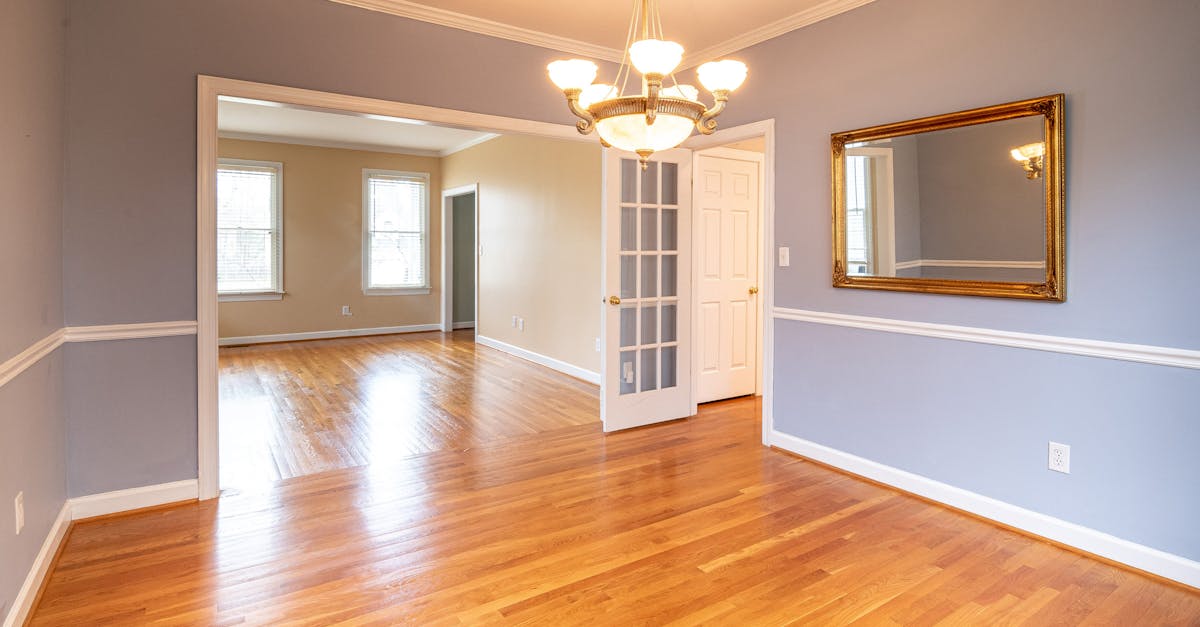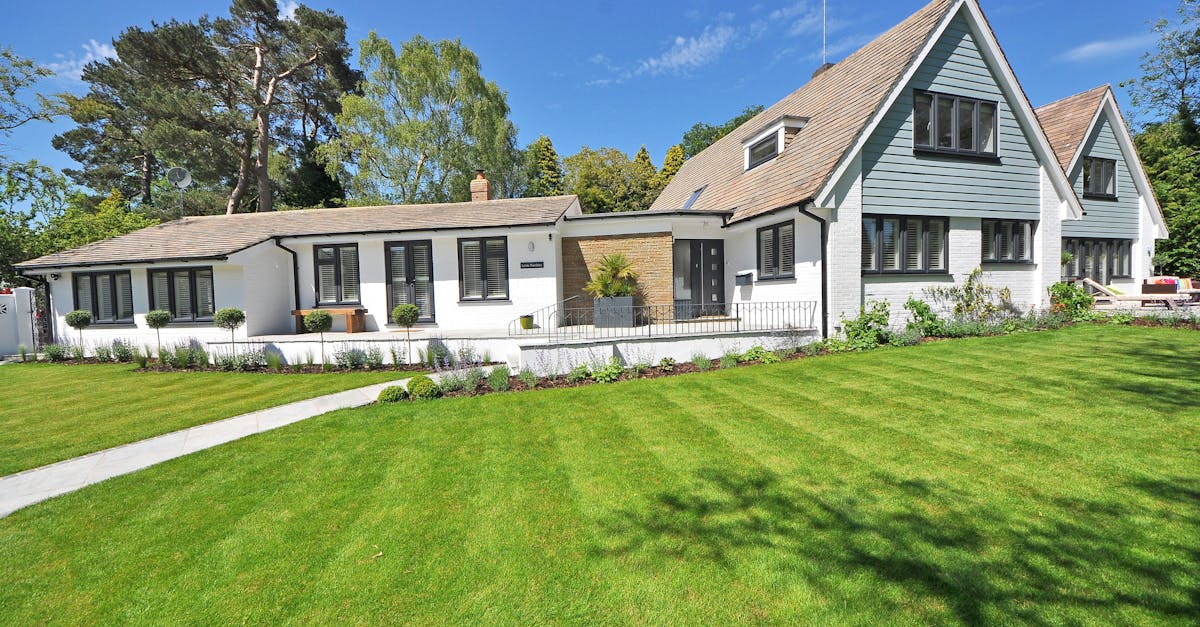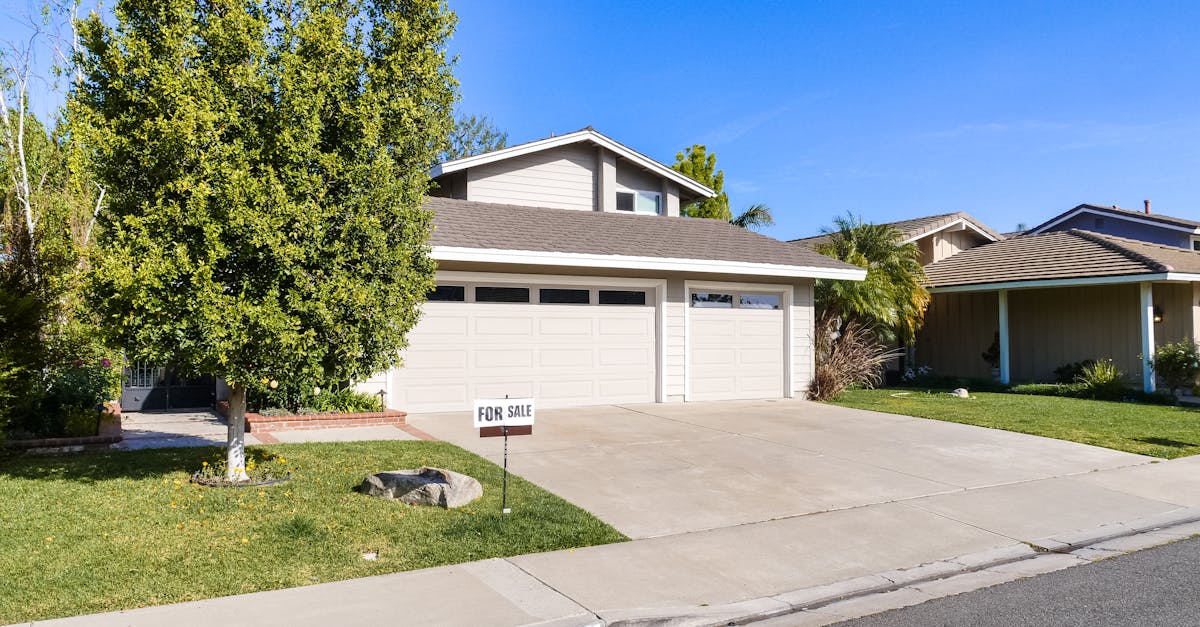
Table Of Contents
Government Programs and Grants
Government programs and grants provide a range of options for those looking to secure funding for fix and flip projects. These initiatives are often geared toward first-time homebuyers, low-income families, or the revitalization of distressed neighborhoods. Many local and state governments have allocated budgets to stimulate housing developments, which may include grants that don’t require repayment. Researching available programs in your area can lead to potential financial assistance and can ease the costly burden of renovations.
In addition to grants, many government-backed lending options exist specifically for real estate investors. Fix n Flip Loans are a popular choice among those looking to finance a property renovation without lengthy approval processes. These loans typically cover the purchase price as well as renovation costs, providing a streamlined solution for investors. By understanding the eligibility requirements and application processes for these programs, investors can position themselves to take advantage of substantial funding opportunities.
Available Resources for Real Estate Investors
Real estate investors have access to a variety of resources designed to assist in financing fix and flip projects. Traditional methods, such as bank loans, may require a lengthy approval process and strict criteria. Investors often turn to specific loans tailored for their needs, with Fix n Flip Loans gaining popularity for their flexibility and speed. These loans typically offer high loan-to-value ratios, which can be advantageous for those looking to quickly acquire and renovate properties.
In addition to traditional lending options, online platforms have emerged that cater specifically to real estate investors. These platforms connect borrowers with private lenders, allowing for faster funding solutions without the red tape commonly encountered in banks. Beyond loans, investors can leverage crowdfunding opportunities to assemble capital from a large pool of individual investors, enhancing financial reach for their fix and flip ventures. Accessing these resources can make a significant difference in successfully launching and executing real estate projects.
Building a Solid Business Plan
A well-structured business plan is vital for any fix-and-flip project. This document should outline your investment strategy, budget allocations, and projected timelines. Including detailed market analysis helps identify neighborhoods with high potential for appreciation and potential buyers. It is also essential to articulate your exit strategy clearly, enabling you to navigate any challenges that arise during the renovation or sale process.
When it comes to financing, one of the key components to include in your plan is a strategy for securing Fix n Flip Loans. These loans are specifically designed for real estate investors looking to purchase properties that require renovations. Demonstrating a solid understanding of the terms, costs, and expected returns associated with these loans can enhance your plan's credibility and attract potential lenders or investors.
Essential Components of an Effective Plan
An effective business plan for a fix and flip project should begin with a thorough market analysis. Understanding the local real estate landscape can significantly influence the success of any investment. Highlight neighborhood trends, property values, and potential buyers' preferences. This information not only aids in selecting the right property but also assists in setting a realistic budget for renovation costs. Clarity in this assessment ensures that investors do not overextend themselves financially, which is crucial when considering financing options like Fix n Flip Loans.
Financial projections represent another core component of a solid business plan. Investors must outline expected renovation costs, projected sale price, and the timeline for both the renovation and the sale. Incorporating a detailed budget alongside forecasts for profitability will attract potential lenders. Demonstrating a firm understanding of cash flow allows investors to assess whether Fix n Flip Loans will be sufficient to cover expenses and achieve the desired return on investment. Being transparent with financial details enhances credibility and builds trust with potential partners or lenders.
Networking with Other Real Estate Professionals
Networking with other real estate professionals can open doors to significant funding opportunities. Building relationships within the industry is crucial, as it allows investors to connect with lenders, contractors, and agents who might provide insights or funding. Many professionals are aware of various financing options, including Fix n Flip Loans, which can help streamline the purchasing and renovation process. Engaging in local real estate meet-ups or industry conferences can lead to valuable exchanges of ideas and potential partnerships.
Establishing trust with fellow investors can result in beneficial referrals and opportunities that may not be widely advertised. In addition, sharing experiences and strategies with peers may reveal funding sources that align with specific project needs. Collaborating with experienced investors can also offer guidance on navigating the complexities of Fix n Flip Loans, enhancing the chances of securing financing for new projects. Regular communication and participation in industry groups can solidify these professional relationships and create a supportive network.
Building Relationships for Funding Opportunities
Networking with other real estate professionals can significantly enhance your chances of securing funding for a fix and flip project. Engaging with local real estate investment groups or attending industry events allows you to meet seasoned investors who are often more than willing to share their insights and experiences. These connections can lead to valuable partnerships, joint ventures, or direct referrals to lenders who offer specialized financing options.
Building relationships with real estate agents, contractors, and lenders can also create opportunities for obtaining fix n flip loans. Agents often have access to off-market deals while contractors can provide insights into the renovation costs and timelines, making your proposals more credible to potential investors. Establishing trust and maintaining communication with these professionals fosters a collaborative environment that can ultimately support your funding needs.
FAQS
What are some government programs available for funding fix and flip projects?
Various government programs and grants exist to assist real estate investors, such as the FHA 203(k) loan, which allows you to borrow funds for both purchasing and renovating a property.
How can I create a solid business plan for my fix and flip project?
A solid business plan should include an executive summary, market analysis, detailed project budget, timeline, and a clear strategy for selling or renting the property after renovations.
What resources can I access to find funding for my real estate investments?
You can explore resources like local real estate investment associations, crowdfunding platforms, private lenders, and traditional banks that offer renovation loans tailored for fix and flip projects.
How important is networking in securing funding for a fix and flip?
Networking is crucial, as building relationships with other real estate professionals can provide access to funding opportunities, partnerships, and valuable advice from experienced investors.
What are some essential components of an effective fix and flip plan?
An effective fix and flip plan should include property acquisition details, renovation strategies, a marketing plan for resale, financial projections, and risk management strategies to ensure profitability.





